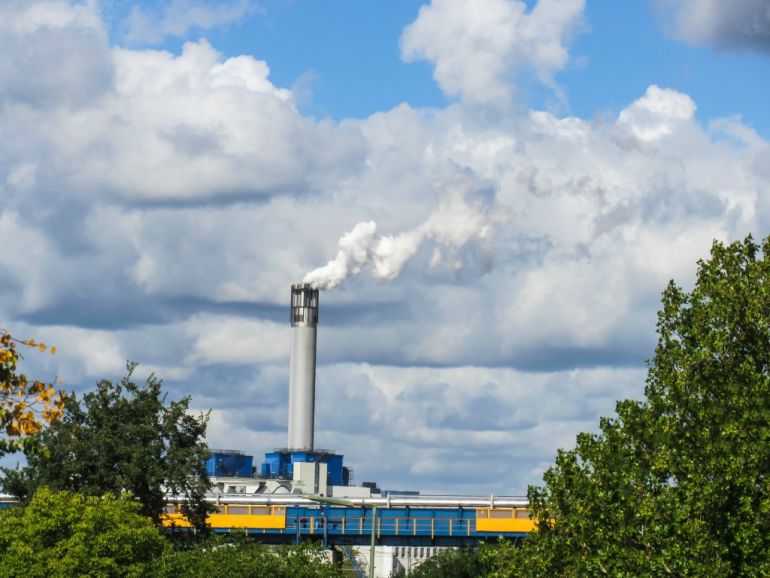The proposal of the European Commission has been approved by the European Parliament, and earlier by the EU member governments and the backloading will most likely be implemented. The new regulations still require consent from the ministers of environment, who are going to meet on 16-17 December.
Nevertheless, experts do not assume that withdrawal of 900 m authorisations for carbon dioxide emission would significantly influence the units of the CO2 emission. According to Grupa Consus, backloading is for the most part is included in the current price of authorisations, consequently, after the voting, the increase of prices will probably be at the level of 10-20 per cent. Currently the price of the authorisations varies between 4.5 and 5.5 Euro.
The market analysis indicates that there are far too many authorisations, over 1.53 bn of tonnes at the end of this year. It is said that in case of the backloading the 900 m tonnes is the mere half – says Maciej Wisniewski, the Chairman of Consus, a consulting firm. The price has stopped to grow but falls only to grow again, one may observer that the market has discounted the negotiations on the matter of the backloading and knows that it does not influence the price.
Freezing the authorisations is not going to remove the surplus in the EU’s emissions trading scheme (ETS), which was mainly caused by the inflated forecasts for the CO2 emissions that was prepared during the ETS planning. Meanwhile by means of the lower production between 2008 and 2012, associated with the crisis, emission in the installations covered by the system was decreased. Should the European commission lead to backloading, their next step will be the additional intervention. This is what may influence the price, should it depend on, for example, transfer of the portion of the authorisations onto the upcoming accounting period or an increase in the demand for the authorisations should take place by means of introduction of additional countries or new lines of business into the system. It may lead to increased demand, that is higher price – explains Maciej Wisniewski.
Changes on the ETS market will affect not only the energy sector but also the most energy-intensive line of business such as: chemistry, smelting industry and cement producers. All of them are afraid of the energy prices, for this reason they are protesting against the European Commission’s proposition. Are these lines of business going to suffer? There is a large number of authorisations on the market, so their price is not as high as it was anticipated. The studies prepared by the European Commission were stating that the price should exceed 36 Euro. So, this is not a huge charge for a company, on the other hand, we cannot say that there is not any. These are not the prices which cause the need to conduct an investment to reduce the emission, because it is cheaper than purchase of an authorisation on the market – observes the Chairman of Grupa Consus.
The emission trading scheme does not translate into additional element of competition among companies across the European Union. More often than not, the small enterprises are not prepared to function in a system, because of lack of staff, are located at the outskirts of large agglomerations. However, it is necessary to remember that, this shout, that we are not prepared, is not only a political one. Whether it is correct or not, it is difficult to judge – comments Maciej Wisniewski.
Specialists from Dom Maklerski Consus maintain that the excess of certifications will not only disappear but also will increase. Even if the emissions within the ETS will remain on the samelevel as in 2012 it will not reduce them, the excess, up to 2020, will amount to almost 1.86 bn tonnes, that is 100 per cent of the yearly EU emissions.For this reason the EC is working on the ETS reform, which is going to be presented at the beginning of 2014. I would not count on any changes being introduced before 2020, however, after this date, the system must be modernized – recapitulates Maciej Wisniewski.
